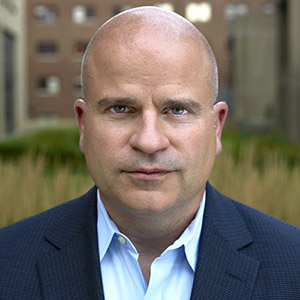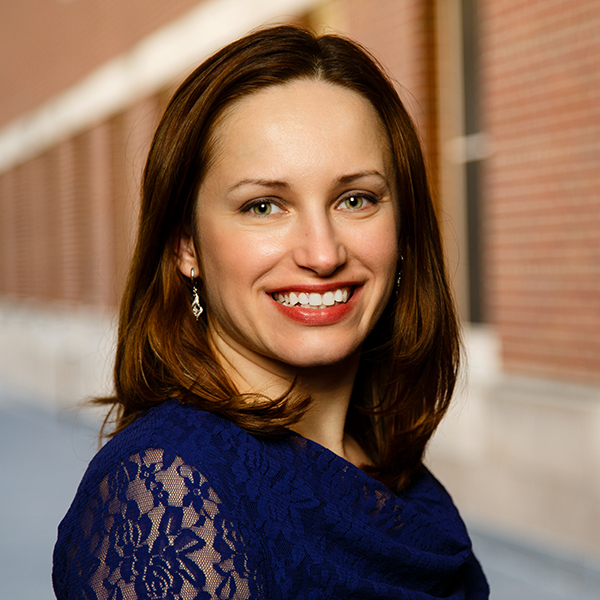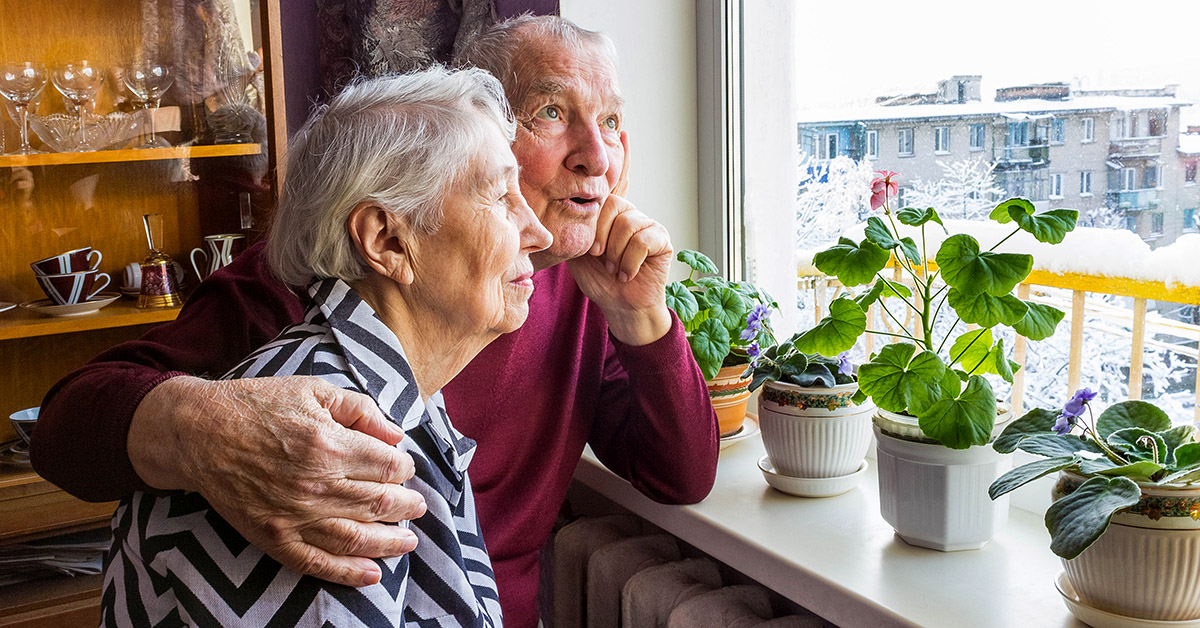Minnesota and many communities around the world are grappling with the rapid aging of their populations. By 2020, older adults — those 65 years of age and over — will for the first time outnumber those aged 5-17 in Minnesota. By 2030, 1-in-5 Minnesotans will be an older adult. With these changes come challenges, including an increased prevalence of multiple chronic conditions, a higher demand for professionals to care for the elderly, gaps in long-term care services and supports, and a growing responsibility for family members.

Such challenges also present multiple opportunities in science, education, and outreach. To meet them, the School of Public Health is relaunching and redesigning its Center on Aging beginning in September 2019. The director of the center is Joseph E. Gaugler, PhD, the school’s Robert L. Kane Endowed Chair in Long-Term Care and Aging. The center’s associate director is Tetyana Shippee, PhD, associate professor and national expert in aging, quality of life, long-term care, access to care and other related areas.
“From 1994 to 2017, Dr. Kane made significant strides in raising the profile of aging scholarship at the University of Minnesota and supported many other faculty and students across the University as the inaugural director of the Center on Aging,” says Gaugler. “We will build upon and extend this legacy by relaunching the center as an innovative home to those interested in aging research, education, services, and policy — within the School of Public Health, throughout the University, and for all stakeholders in Minnesota.”

Gaugler and Shippee will use the first year of the relaunch to convene an executive committee of school faculty experts to begin the critical work of finalizing the vision, mission, operating and guiding principles, and strategic goals and objectives of the new Center on Aging. The committee will include School of Public Health faculty members Jon Christianson, Timothy Church, John Connett, Lynn Eberly, Linda Frizzell, Russell Luepker, and Jim Pankow. When this work is done, school faculty, staff, students, and community partners will be invited to join the new Center on Aging to develop significant and sustainable initiatives in aging scholarship, services, and policy.
“Our hope is that the Center on Aging will galvanize faculty, students, and community stakeholders to better leverage existing opportunities related to the aging of Minnesota, the U.S., and the world,” says Gaugler. “If successful, the center will advance the interdisciplinary study of aging science, craft intensive educational experiences in aging, build and sustain forward-thinking care practices in aging, and establish vibrant community, governmental, business, and individual partnerships to benefit the healthy aging of Minnesota and beyond.”

